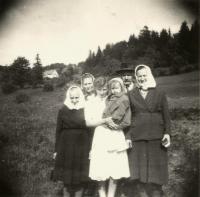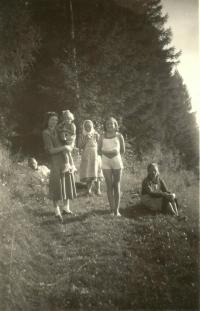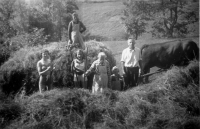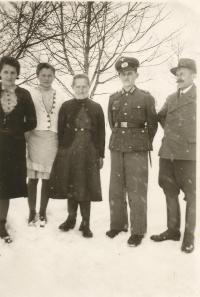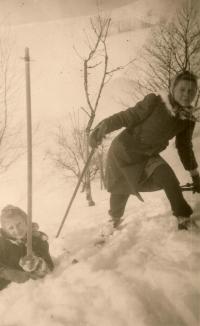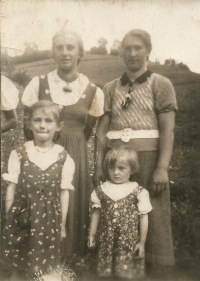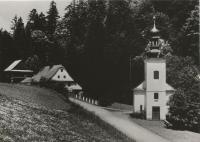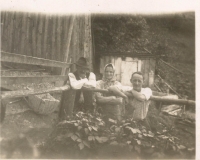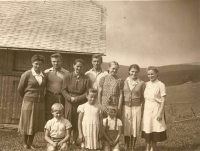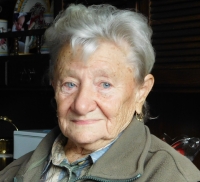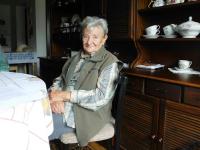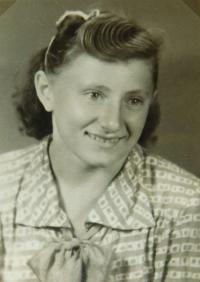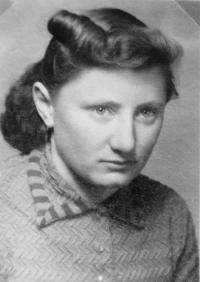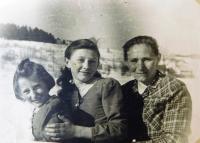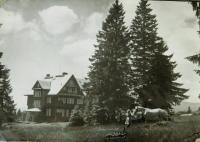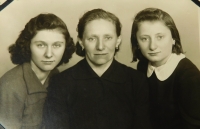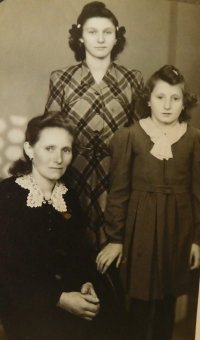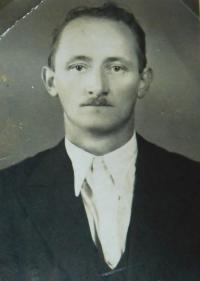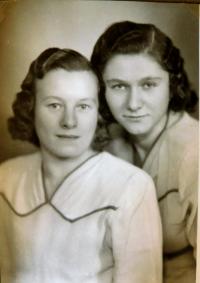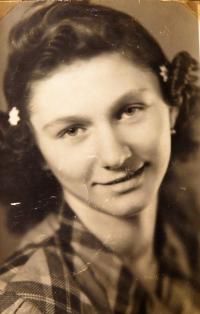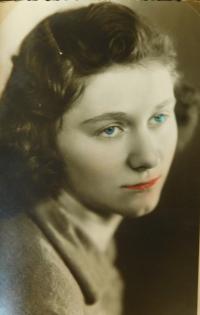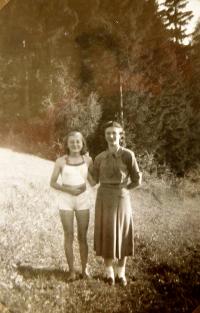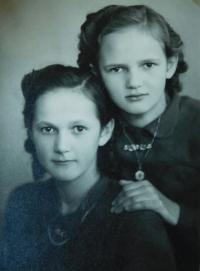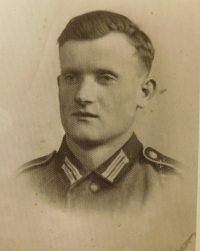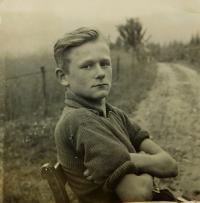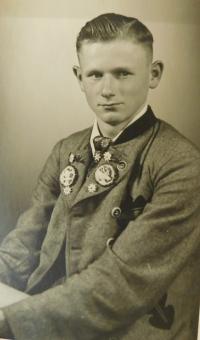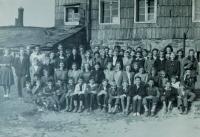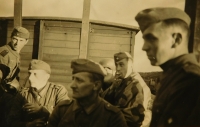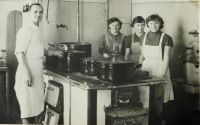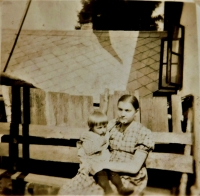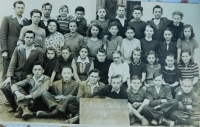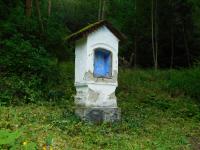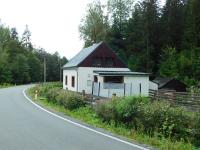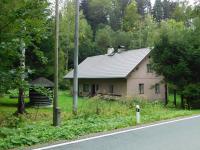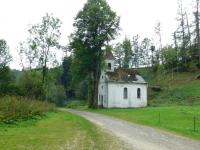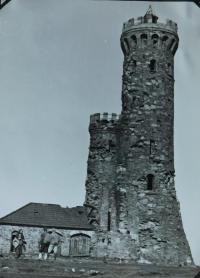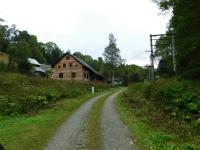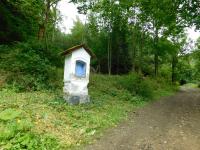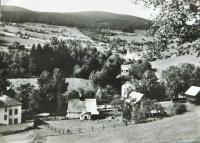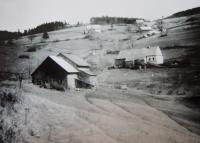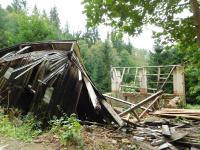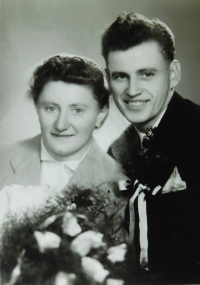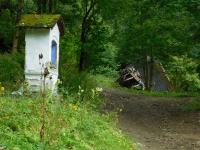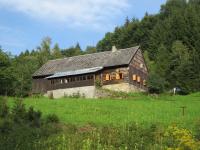In the abandoned settlements around Staré Město
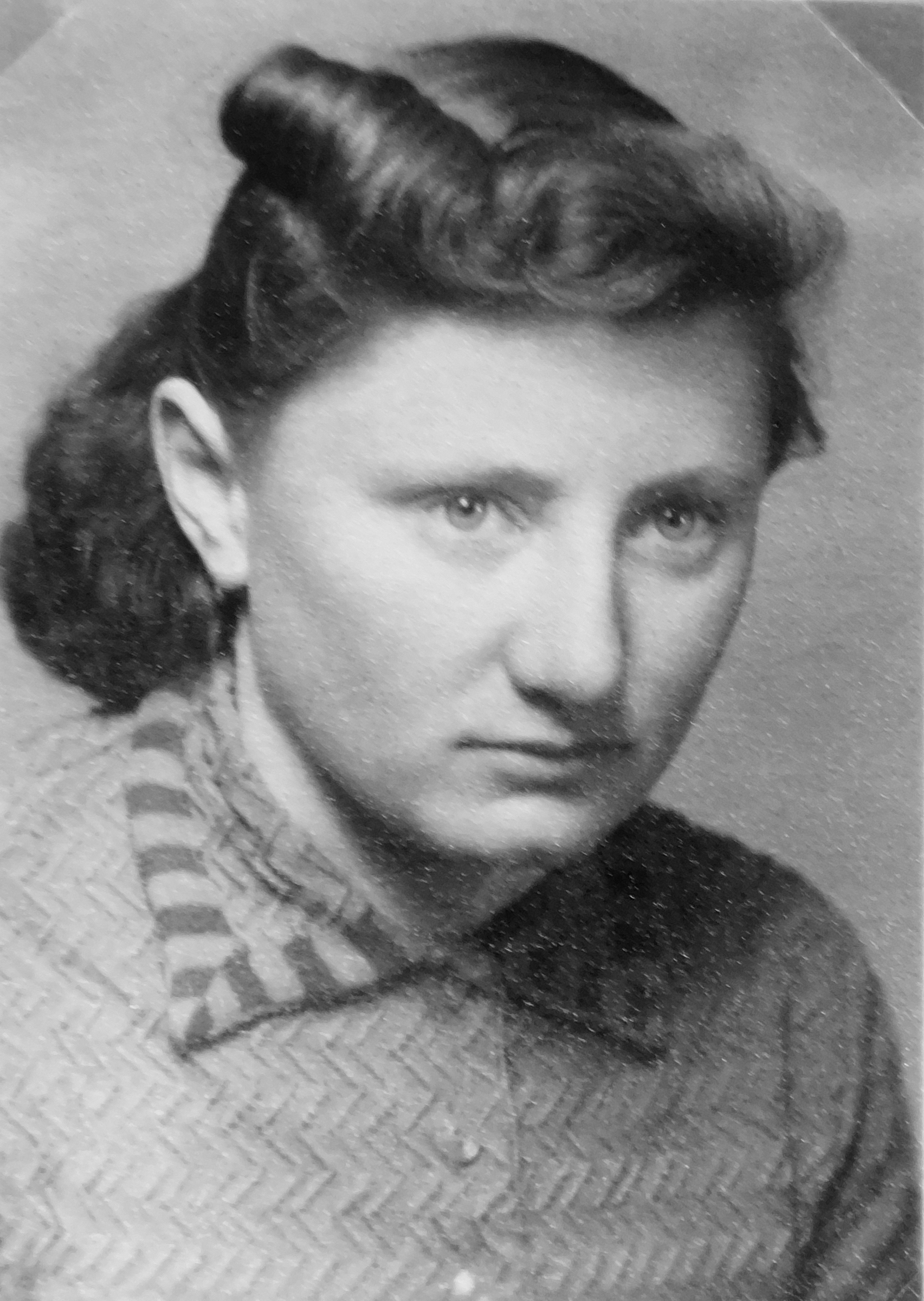
Stáhnout obrázek
Anna Moštková was born on 18 February 1937 as the younger of two children of Adolf and Marie Stöhr in the settlement of Bärengraben (Bear Gorge; Medvědí Rokle in Czech - trans.). Her parents were German, like almost all of the local inhabitants. Her life is connected to her native region in the foothills of the Kralický Sněžník and the local settlements that exist no more. Her mother came from Urlich (Javořina) and her father from Altenberg (Starý Kopec). During World War II, in February 1944, her father died serving in the Wehrmacht near the town of Krasnaya Gora in Bryansk Oblast in Russia. Due to the Czechoslovak origin of her mother‘s stepfather, the family was not included in the 1946 deportation of Germans. They moved to Kunčice and then Nová Seninka. But most people were forced to leave their ancestral home. Bärengraben was completely deserted after the war. In 1960 the Ministry of the Interior ordered the mass demolition of most of the dilapidated houses. The witness‘s birth house was also destroyed, and today not even its foundations can be seen in the undergrowth of the forest. Her parents‘ native settlements met a similar fate. Only one house remains in Starý Kopec and six in Javořina. As of 2017, the witness lives with her husband Jan Moštek in Staré Město.
